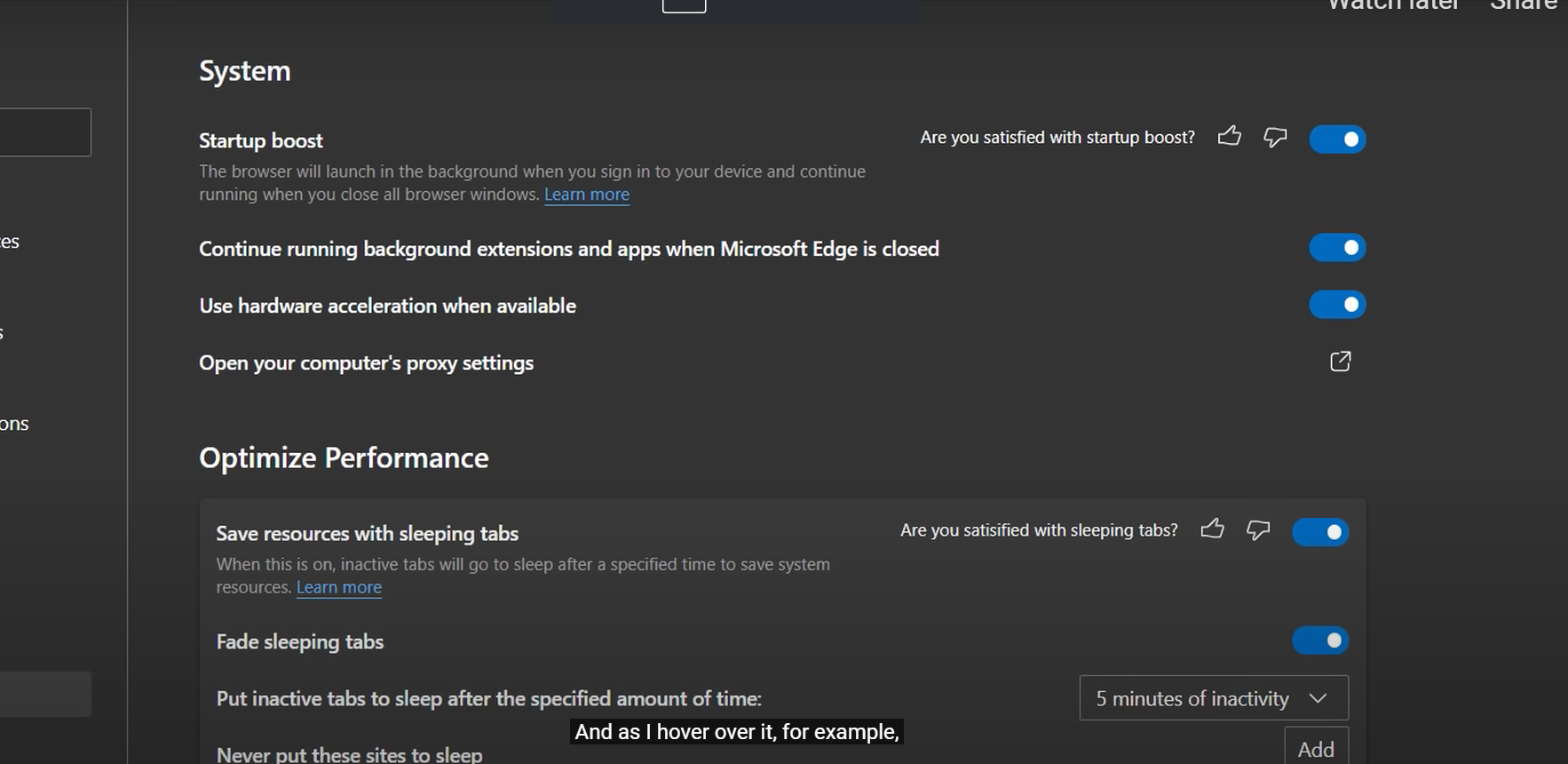Ahead of the full release this October, Microsoft is already promising that Windows 11 will have significant performance gains over Windows 10. The company is touting improvements in almost every sector: for example, Microsoft says that Windows 11 resumes 25% faster than Windows 10.So, is Microsoft telling the truth, or is it all hot air? Let's find out how Microsoft has managed to make Windows 11 faster compared to Windows 10.
1. Windows 11 Distributes Resources Intelligently
Whenever a computer feels slow or stuck, the problem almost always has to do with the distribution of resources. This doesn't mean that weaker hardware isn't a factor. Rather, on weaker machines, resource distribution can make or break the user experience.
Microsoft has tweaked its resource distribution algorithms in Windows 11 to prioritize foreground processes. This means apps will open faster, and the apps that you are already using will continue to operate lag-free.
To understand this better, let's take the example of a Windows 10 machine with a dual-core processor with a few gigabytes of RAM installed. With a PC with these system specifications, you can only run a couple of programs with satisfactory performance.
Opening a couple of background tasks will slow down the computer quite a bit. This happens because the background processes horde resources slowing down the already underpowered machine.
Windows 11 resolves this problem by identifying foreground tasks and prioritizing them for resource distribution. So, even with machines that meet the minimum Windows 11 requirements, active apps will run better than on similarly configured Windows 10 machines.
2. Windows 11 Keeps Your Computer's RAM Energized
In a Microsoft Mechanics video, Steve Dispensa explains that Windows 11 PCs resume 25% faster than Windows 10. This speed boost is partly due to Windows 11 keeping the RAM energized.
When you put Windows 11 to sleep, it powers down all other components except the RAM. Then, when the PC wakes up, it resumes much faster because the RAM doesn't have to power up all over again.
According to Steve Dispensa, keeping the RAM energized results in two key advantages. First, the low-level call-to-hardware functions are optimized for better memory management.
Second, at the higher-level software layer, Windows 11 keeps important threads from starvation. Starvation happens when a thread "dies" because of the lack of resources. Windows 11 keeps important threads alive by sharing resources when and where the resources are needed.
3. Windows 11 Features Code Optimizations to Make Windows Hello Faster
Windows Hello allows you to instantly log in to your PC through biometric verification. While it is already snappy on Windows 10 devices, Windows 11 will make Windows Hello for businesses up to 30% faster.
Microsoft has managed to make Windows Hello faster by optimizing the underlying code. Unfortunately, Steve Dispensa didn't specify any code optimizations, so we'll have to wait and see how this turns out.
4. Windows 11 Has Sleeping Tabs On By Default
Microsoft Edge has a feature named "Sleeping tabs" to save on background resource usage. The feature works by putting inactive tabs to sleep. In their sleep state, tabs remain open but don't use as many resources.
Windows 11 will have sleeping tabs enabled by default. Microsoft has previously reported on Windows Blogs that sleeping tabs use 32% less memory and 37% fewer CPU resources. Having Sleeping Tabs on by default will not only improve general performance on Windows 11 but will also increase battery life on laptops.
Windows 11 Will Run Significantly Better Than Windows 10
Windows 11 is shaping up to be a snappy OS. The elevated hardware requirements and notable performance optimizations point to a Windows experience that will be much faster than Windows 10.
However, given how buggy Windows 10's launch was, let's hope Microsoft also delivers on the reliability front for Windows 11.

